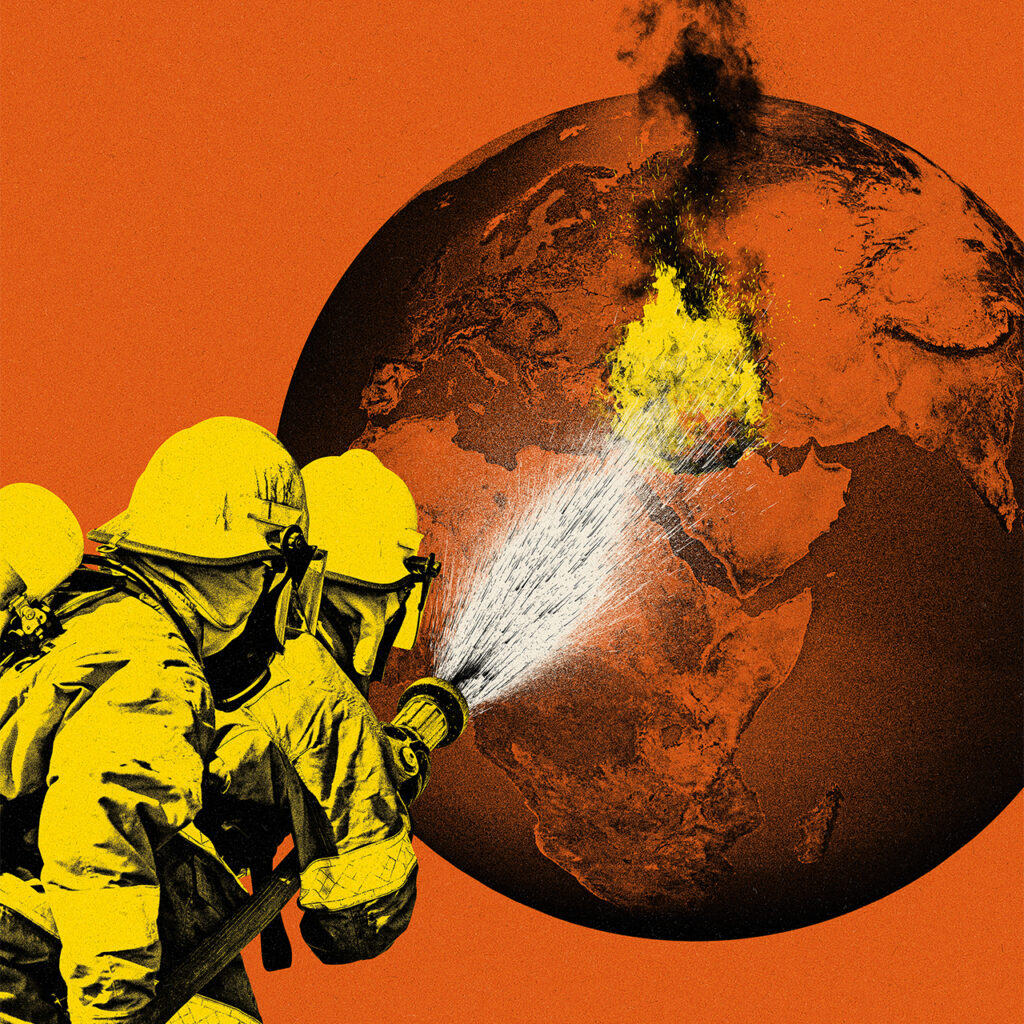Europe’s Single Market: A Pillar of Unity Facing Modern Challenges
The European Union’s single market, a cornerstone of economic cooperation among member states, remains a vital mechanism for free trade and movement across Europe. Established in 1993, the single market has facilitated unparalleled economic integration, allowing goods, services, capital, and people to move freely. As Europe grapples with contemporary challenges such as Brexit, the COVID-19 pandemic, and shifting geopolitical dynamics, the resilience of this economic framework is more crucial than ever.
The single market’s success relies on the harmonization of standards and regulations, which has not only bolstered economic growth but also engendered greater political cohesion among EU countries. However, recent years have seen growing tensions that test this unity. Brexit stands out as a significant disruption, forcing both the EU and the UK to navigate complex new trade arrangements that affect everything from customs checks to regulatory alignment.
The COVID-19 pandemic has further complicated matters by exposing vulnerabilities in supply chains and necessitating unprecedented economic measures. Despite these challenges, the EU has demonstrated a strong commitment to the single market by implementing recovery plans aimed at revitalizing the economy while maintaining the integrity of this unified trading bloc.
Israel and the Genocide Debate: An Ongoing Controversy
Israel’s political landscape is rife with heated debates, but few issues are as contentious as the claims of genocide. This debate centers around the long-standing conflict with Palestine and has significant implications for international relations and human rights advocacy.
Critics of the Israeli government argue that its policies and actions in Palestinian territories bear the hallmarks of genocidal intent, citing factors like military operations, settlement expansions, and restrictions on movement and resources. Conversely, supporters counter that these measures are necessary for national security and survival in a region marked by profound animosities.
International bodies like the United Nations have occasionally stepped into this fraught arena, issuing reports and resolutions that further polarize opinion. The accusation of genocide is not merely a terminological dispute but a deeply moral and legal one, influencing global perception and diplomatic relations. As the situation evolves, it remains a critical issue for policymakers, activists, and citizens alike.
The Death Penalty: A Global Human Rights Issue
The death penalty continues to be one of the most polarizing human rights issues around the world. While some countries have abolished capital punishment entirely, others retain it, often under the rationale of deterring serious crimes. However, the ethical, legal, and practical aspects of the death penalty invite ongoing scrutiny and debate.
Human rights organizations argue fiercely against capital punishment, condemning it as inhumane, irreversible, and often unfairly applied. Moreover, the risk of wrongful execution underscores the perils of maintaining such a system. On the other side of the debate, proponents insist that the death penalty serves as a critical deterrent and delivers justice for the gravest offenses.
The global trend shows a gradual movement towards abolition, with over two-thirds of countries either abolishing the death penalty or not practicing it. Yet, in several parts of the world, it remains an entrenched practice, reflecting deep cultural, legal, and political divides.
Shipping Sanctions: Navigating the Complex Waters of International Trade
In today’s globalized economy, shipping sanctions have become a crucial tool for exerting political and economic pressure. Imposed by entities like the United Nations, the European Union, and individual countries, these sanctions target specific nations, entities, or individuals to curtail activities deemed harmful to international stability.
Recent sanction regimes have targeted countries such as North Korea, Iran, and Russia, aiming to curb activities ranging from nuclear proliferation to aggressive territorial expansion. However, the effectiveness and humanitarian impact of these sanctions are subjects of intense debate. Critics argue that sanctions often harm ordinary citizens more than they influence political elites, while proponents claim they are essential for maintaining international law and order.
Sanctions impact various aspects of international shipping, from insurance and financing to ports and logistics, requiring companies to navigate a maze of regulations to remain compliant. As such, the global shipping industry must stay informed and adaptable to the shifting landscape of international sanctions.
Lawn Bowls: A Tradition Holding Steady in Modern Times
Lawn bowls, a sport with centuries-old roots, continues to enjoy a dedicated following despite the rise of more modern entertainment forms. Originating in ancient Egypt and gaining widespread popularity in Britain during the Middle Ages, lawn bowls has become a symbol of tradition and community across several countries.
The sport involves rolling biased balls so that they stop close to a smaller ball called a “jack.” Simple in structure yet complex in technique, lawn bowls requires precision, strategy, and a steady hand. It is played both recreationally and competitively, drawing participants from diverse age groups and backgrounds.
Organizations like the World Bowls, the sport’s international governing body, help maintain the sport’s standards and promote its growth worldwide. Lawn bowls clubs provide not only a venue for competition but also a communal space where social bonds are forged, reflecting the sport’s enduring appeal.
The continued popularity of lawn bowls underscores the human desire for simple yet engaging activities that foster community and connection. As the sport adapts to contemporary lifestyles, it remains a beloved pastime for many.
